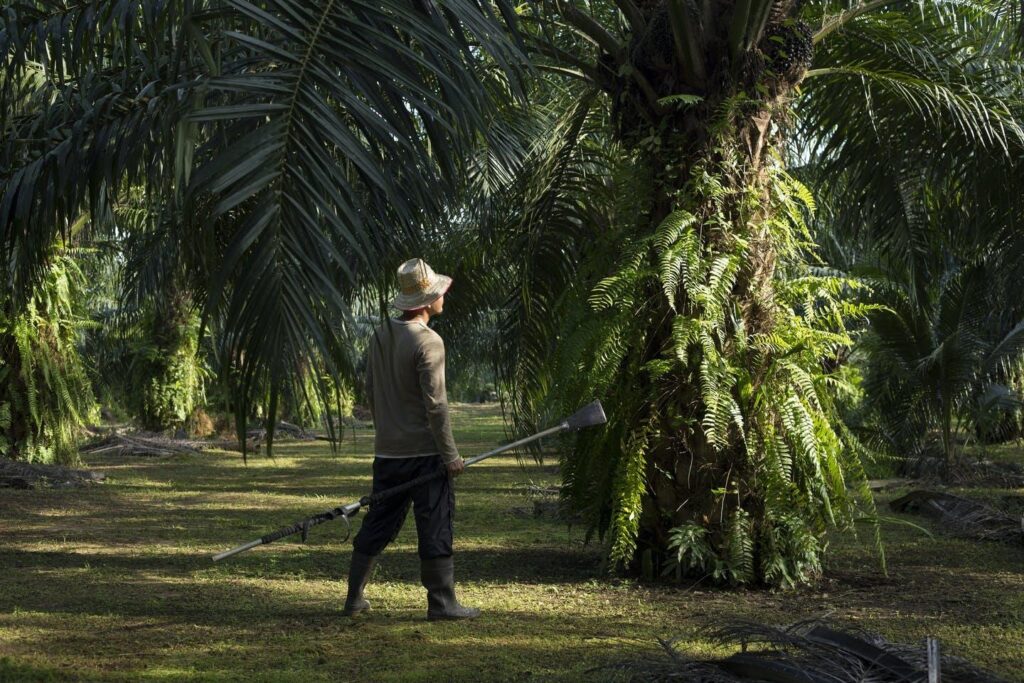Palm Oil and Sustainability debate
Palm Oil and Sustainability debate, a brief perspective
Certification of palm oil is required to meet the standard of sustainability. Concerns about the impacts of palm oil led to its standardization, but regulators must weigh whether they are justified. Palm oil is usually extracted from the plantations of Indonesia and Malaysia. The problem associated with its production is the claim by non-governmental organizations (NGOs) that the production of these palm oils leads to massive deforestation. Moreover, the 2019 forest fires in the rainforests led to the destruction of biodiversity. There are several roundtables that monitor and consider the impacts caused by palm oil production and their mitigation measures. There are also standards related to palm oil, International Sustainability and Carbon Certification, compliance which ensures the sustainability of palm oil.






